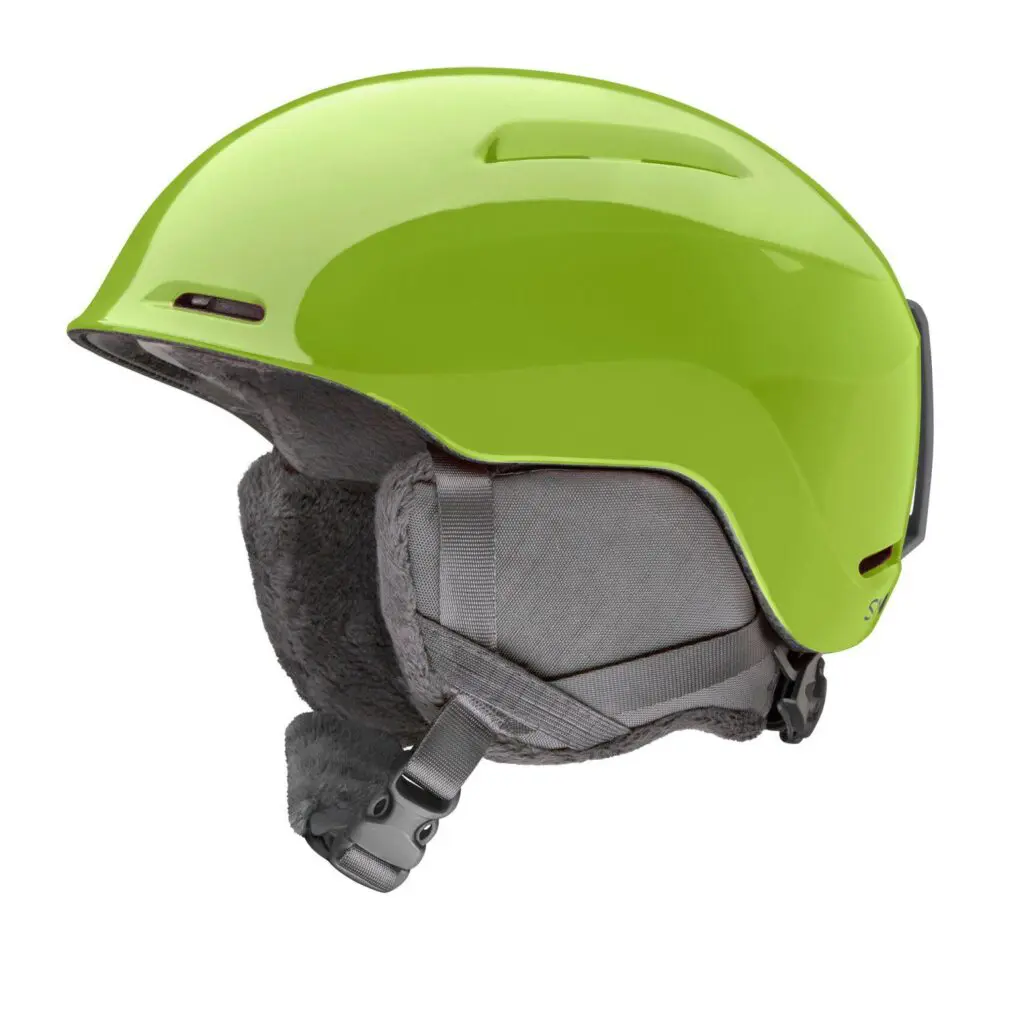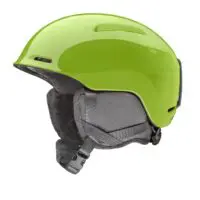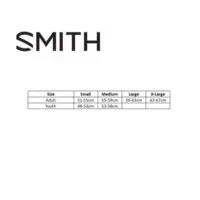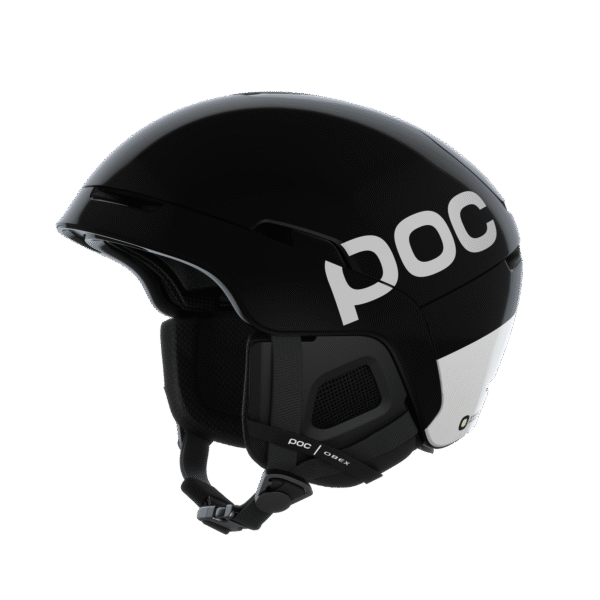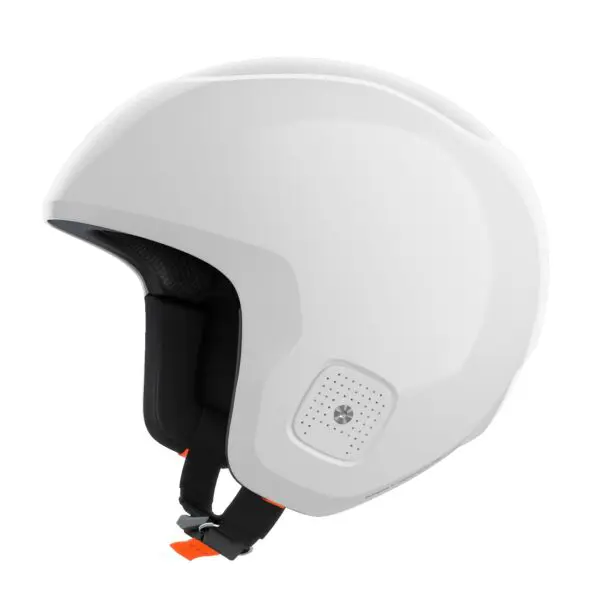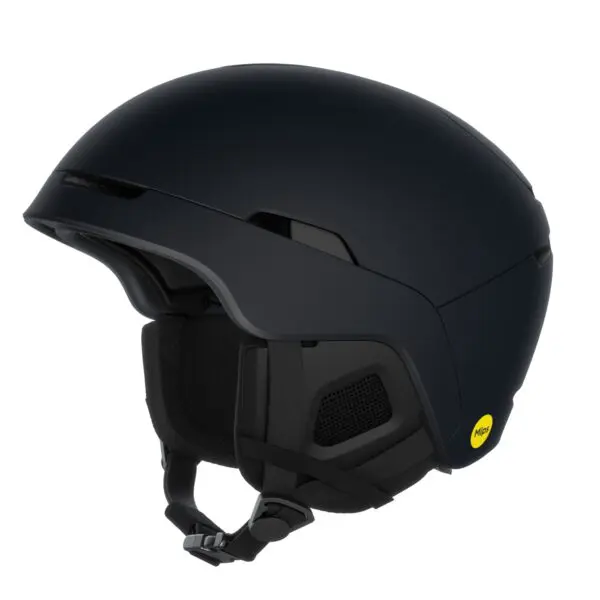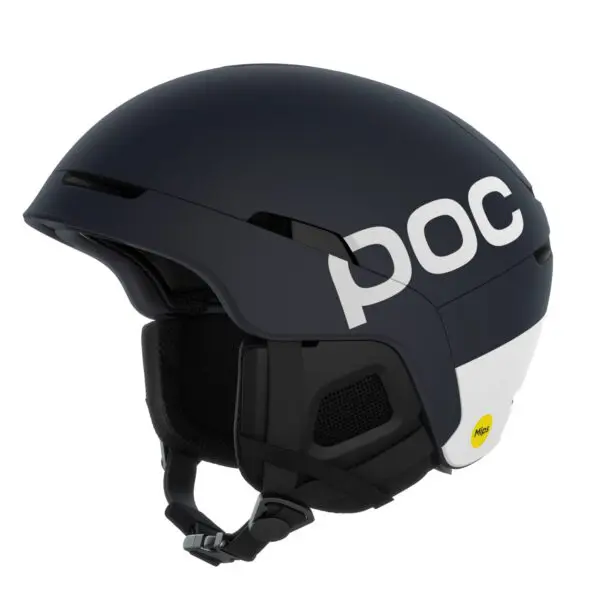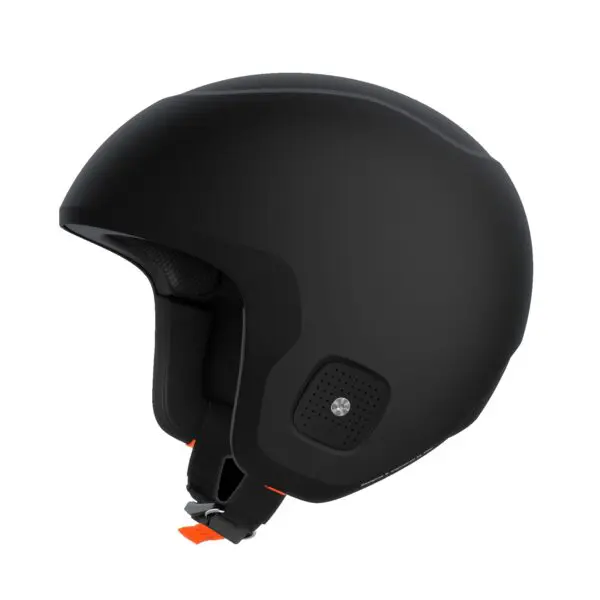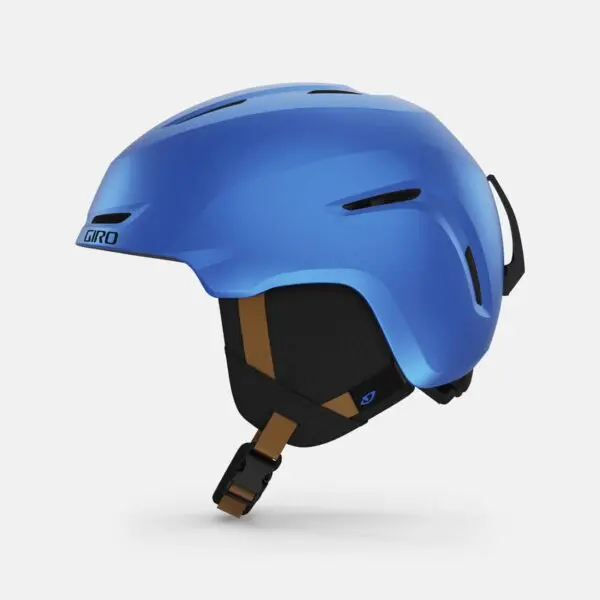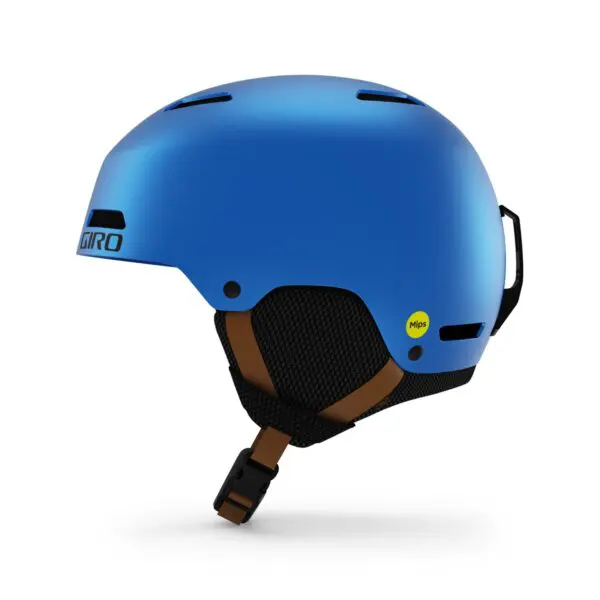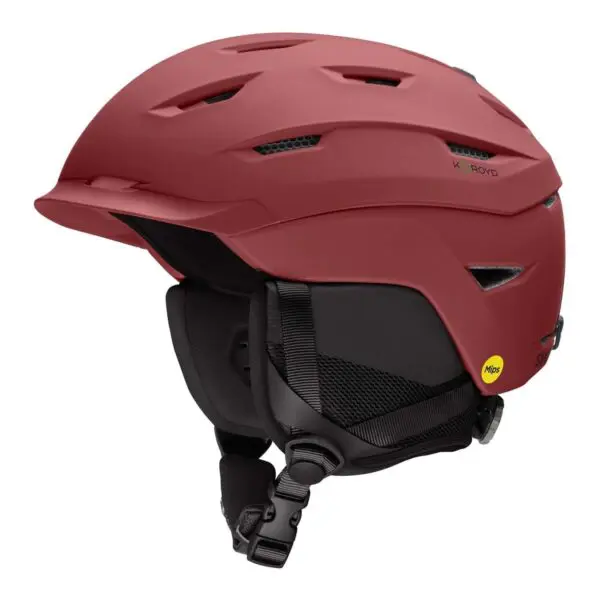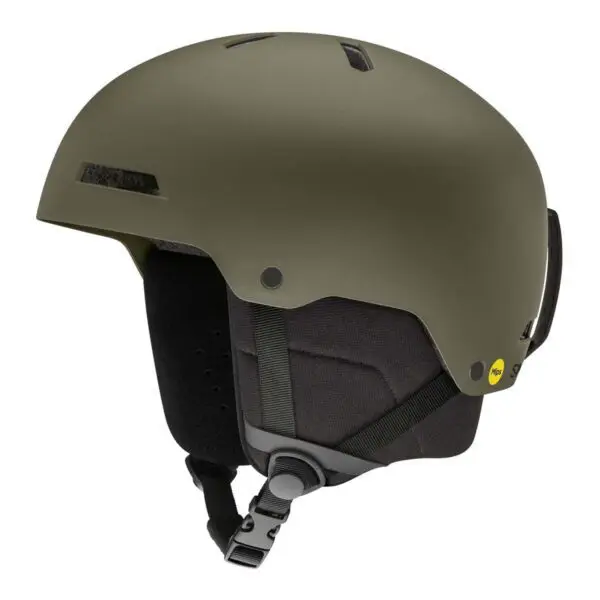Home / Shop / Accessories / Helmets / Smith Glide JR – Algae
Smith Glide JR – Algae
$139.90
$97.90
gnomes V.I.P Club offers members special discounts on current season products. It’s free to join. Login or Register.
Description
The Smith Glide JR will keep your little one’s heads warm, and totally protected while you have zero hassle. Its lightweight in-mould construction with EPS foam with an intuitive dial control adjusts fit, and a super-soft liner adds warmth, making sure there is a secure fit and happy child. Fixed vents keep the air flowing for fog-free goggles and no overheating. A goggle strap secures them in place so you’re not hunting for that spare pair.
In-Mould Shell Construction
The performance standard for many years, In-Mould construction creates a PC shell helmet with and EPS liner to maximize weight reduction. Lightweight, comfortable, and offering value for every ounce, In-Mold construction is the flyweight winner.
AirEvac
Goggles fog when standard helmets trap warm, moist air in the goggle chamber. Smith’s AirEvac ventilation systems generate maximum airflow that pulls warm, fog-causing air out of the goggle. The warm air is allowed to exhaust out of the top of the goggle and begin its path through the helmet’s AirEvac system.
Additional Features:
- Adjustable dial fit
- Fixed vents
- Plush, fuzzy lining
- Goggle strap
- Certification: ASTM F 2040, CE EN 1077:2007 CLASS B
Choose your items confidently by reading our buying guide.
Related Gear
We are a team of passionate skiers, our lives are entangled in a world of snow, mountains & ski paraphernalia. Take a look at how we can help you.
-

POC Obex BC MIPS – Uranium Black
$449.90VIP: $427.90 -

POC Skull Dura X MIPS – Hydrogen White
$469.90VIP: $446.90 -

POC Obex MIPS – Apatite Navy Matt
$334.99VIP: $318.90 -

POC Obex BC MIPS – Apatite Navy Matt
$449.90VIP: $427.90 -

POC Obex MIPS – Uranium Black Matt
$334.90VIP: $318.90 -

POC Skull Dura X MIPS – Uranium Black Matt
$469.90VIP: $446.90 -
Sale!

Giro Spur – Blue Shreddy Yeti
$169.90
$118.90Save 30% -
Sale!

Giro Crue MIPS – Blue Shreddy Yeti
$189.90
$132.90Save 30% -

Smith Level MIPS – Matte Ironwood
$459.90VIP: $436.90 -

Giro Avera MIPS – Matte White
$299.90VIP: $284.90 -

Smith Rodeo MIPS – Matte Forest
$199.90VIP: $189.90
Buying guide
Helmets can be a real lifesaver (literally). Our buying guide will give you confidence in choosing your protection.
Helmets come in a variety of different constructions. Below are the most common ones and their benefits:
- Hardshell helmets are typically the best pricepoint and are a bomb-proof construction. In this method the shell and hard foam insides are formed separate and then added together. These hold up to a lot of wear and tear.
- In-mold helmets are the most common nowadays. They are much lighter compared to hardshells. The outer shell and the harder foam are formed together in one process, resulting in a lower profile helmet.
- Hybrid helmets seek to take the best benefits from both options. It puts hardshell in places that are likely to have high impacts for maximum protection and softshell in less crucial areas to save weight.
Materials
Most helmets used expanded polystyrene as the main protecting agent. This hard foam is designed to take immense amounts of force before it fractures. Having a helmet crack is not a sign of a flaw but rather that it has done its job and taken the full blunt force. For this reason after any solid impact it is recommended changing your helmet in order for it to provide the same protection.
Some newer models use a material called Koroyd. This lightweight material resembles hundreds of straws put together in a honeycomb type pattern. This is designed to crush upon impact when absorbing the force. Like foam, with any hard impact you need to replace the helmet as it will never be able to absorb an impact the same twice.
Ventilation
Ventilation changes in ability as you go up the line in helmets. Price point options will have a more basic static venting. This venting cannot be adjusted. It does a good job at letting in some air on warm days without allowing too much in on colder days.
Many helmets get an upgraded adjustable venting system with closable vents in different zones. This keeps everything warm on the coldest days, and plenty of vents keep everything cool on the spring days.
Liners
Liners may seem pretty basic, but a nice liner can make a difference. At their most basic, a liner is a few pieces of material designed to add a bit of comfort. Newer liners can provide many technical features including insulation, moisture wicking, and odor control. If you ski a fair bit this will make a noticeable difference over time. You shouldn’t have to worry about wearing a beanie under your new helmet as the liner will be plenty warm enough and better fitting without.
Buckles
For the most part helmets have had a fairly standard buckle system. The Fidlock buckle was introduced a few years ago and makes things easier out on the snow. This buckle has magnets and a self locating design, making it easy to buckle your helmet even with gloves or mitts on. You can find this feature in most higher end options.
MIPS and SPIN
Nearly every crash out on the snow involves some sort of rotating impact rather than a direct impact to one spot. These proprietary systems work in conjunction with the movement of the brain inside the skull in order to reduce stress on the brain in a collision. This is becoming the standard in the winter sports world.
Every helmet brand fits slightly different, so trying on a few different ones can help you to find the best one for yourself. Most brands have equally safe helmet options, but it’s good to find one you’ll be comfortable in all day. Helmets come in different sizes that correlate to a range of measurements in centimeters. If you take a measurement of the circumference of your head, you can easily find the correlating size. Women’s and unisex helmets fit the same, but offer different colorways.
Kids helmets range from smaller fits to the same fit sizes as adults, but are usually a bit more minimal in regards to adults.
Fit Systems
All helmets come with a fit system that allows them to be fine tuned for the best fit. Some helmets are a simple elastic system while others have a dial that has a broader range. A few helmets have 360 degree fit systems or a shell that can be adjusted to size. This is helpful for people who generally find helmets too big and wide or fall between sizes.
